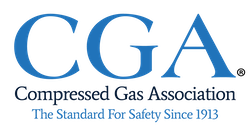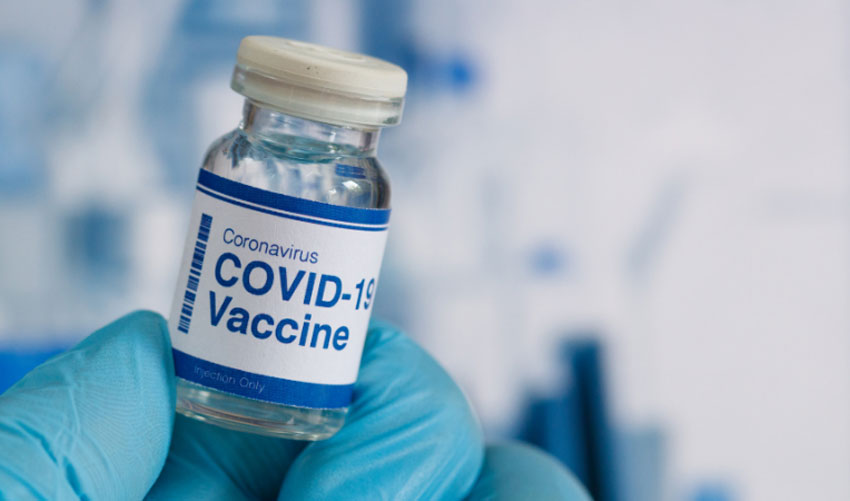CGA Meets with White House to Discuss Vaccine Requirement Impacts on Industry
October 29, 2021
CGA President & CEO, Rich Gottwald, and Board of Directors Chair, Chris Ebeling, met with White House representatives on October 26, 2021 to express concerns about the unintended consequences of OSHA’s proposed Emergency Temporary Standard (ETS) requiring all employers with 100 or more employees to ensure their workforce is vaccinated against COVID-19 or provide a weekly negative test result if not vaccinated.
Potential Impact to Supply Chain
There are over 4,000 compressed gas facilities across the nation responsible for the manufacture and distribution of compressed gases. These companies produce and or distribute medical gases that are crucial to surgery and other medical care as well as medical oxygen that is used as a frontline treatment for COVID-19. In addition, the industry supplements critical components for multiple essential industries, including defense, protein industries (beef, chicken, etc.), and aerospace.
In the meeting with officials from the White House Office of Information and Regulatory Affairs (OIRA) of the Office of Management and Budget (OMB) Rich Gottwald stated, “CGA recognizes the importance of vaccination and testing as key components of a national public health response to the COVID pandemic. These steps are necessary to ensure the nation emerges from this pandemic and into regular operations. However, the requirements of this ETS could result in an unintended consequence and significant burden to the compressed gas community.”
“CGA recognizes the importance of vaccination and testing as key components of a national public health response to the COVID pandemic. These steps are necessary to ensure the nation emerges from this pandemic and into regular operations. However, the requirements of this ETS could result in an unintended consequence and significant burden to the compressed gas community.”
– Rich Gottwald, Compressed Gas Association
Chris Ebeling reported the industry is already seeing burdens from the guidance initiated through Executive Order 14042 (Mandatory Vaccination for Certain Federal Government Contractors) that indicate that the proposed OSHA ETS, will impose a significant and supplementary burden. He suggested the White House reconsider that mandatory vaccine mandate as well.
According to the American Trucking Association (ATA), there is a national truck driver shortage impacting supply chains across all industries. ATA estimates no more than 50% of truck drivers are vaccinated. ATA further reports that 62% of the unvaccinated drivers would “not get vaccinated under any circumstances.” There is significant concern that a large percentage of unvaccinated drivers would either leave the industry altogether or go to a smaller carrier with less than 100 employees to escape vaccine requirements. In many cases, smaller carriers may not have the physical assets (compressed gas cylinders, bulk transport vehicles, etc.) to deliver the products in need. Further, it would take substantial time to recruit, hire, and train new drivers – especially those certified to transport hazardous materials such as compressed gases – given the critical driver shortage cited by the ATA.
As proposed, the ETS presents a potentially significant burden to the compressed gas industry which has been at the forefront of responding to the pandemic, and the likely further disruption in an already stressed supply chain – particularly for medical gases.
Swift Action Needed
Gottwald and Ebeling presented alternative options for consideration by the White House. CGA believes that immediate federal action is necessary to keep the industry’s drivers on the roads and minimize disruption to the medical gas supply chain.
CGA will continue to monitor the outcome of the ETS and will update our members as we learn more.


